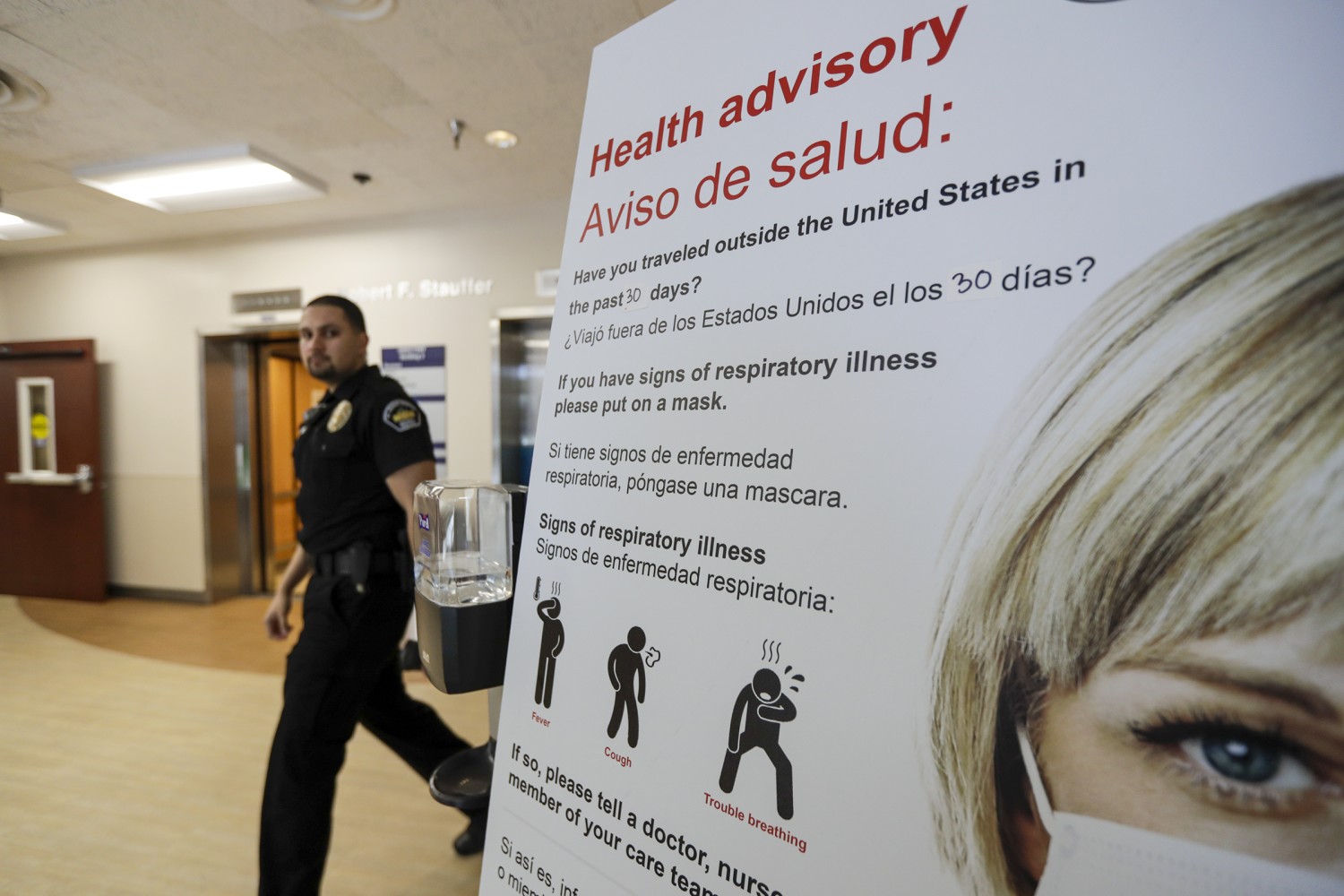It is all hands on deck at Dixie State University as the administration puts together a plan for the unlikely occurrence of the coronavirus making its way to campus.
President Richard “Biff” Williams sent out an email to faculty and staff saying: “We have assembled an institutional task force to report to Governor Herbert’s Utah COVID-19 Community Task Force. The task force is meeting regularly and keeping apprised of updates as more information becomes available about the virus and how it is spreading.”
Provost Michael Lacourse said the universities around the state are collaborating to establish a plan for what to do in case public universities are told to shut down. This plan will then be submitted to the task force.
“We have asked each academic department to form a plan for how they would continue offering instruction and getting us to the end of the semester,” Lacourse said.
The administration said it will ensure students would continue to receive their education online through canvas; however, not every class can be taught online.
Jeff Jarvis, dean of College of the Arts, said the deans from each department have met to develop an academic plan for DSU.
“A 2-4 week closure during a semester would be quite a disruption to student learning,” Jarvis said. “We in the College of the Arts are working with faculty and department chairs to develop ways to continue instruction in the event of a closure.”
Stephen Lee, dean of the College of Humanities and Social Sciences, said he has also met with the chairs of the departments in the College of Humanities and Social Sciences to strategize contingency plans should the coronavirus outbreak reach St. George.
“The contingency plan includes moving courses online, moving classes into a distance learning model and modifying assignments,” Lee said. “Our primary goals are to protect the students and to ensure their continued academic progress.”
Mark LaVoie, assistant professor of media studies said there is a worry for those students who may not have computers and/or internet readily available to them, LaVoie said. This is where the alternative solutions will come into play for certain students.
“The contingency plan includes moving courses online, moving classes into a distance learning model and modifying assignments. Our primary goals are to protect the students and to ensure their continued academic progress.”
Stephen Lee, dean of the College of Humanities and Social Sciences
“We do tend to think all students have smartphones and computers and can take on online education, but that’s not always true,” LaVoie said. “We have a number of students who use the computers on campus.”
The information each department is gathering is not yet finalized and won’t be until Monday when it is reviewed and sent to the task force for final approval, Lacourse said.
“Right now [the task force is] making sure we know what we’re going to do if tomorrow or next week or next month something happens that the government has to close public universities,” Lacourse said.
Once the plan is finalized, it will be announced in each class, Lacourse said. The administration is making sure they communicate effectively and consistently with the students to ensure everyone is being updated with all the information.
“We all need to be ready in the event there’s a need to restrict mobility or close things down and what I’m going to do in that scenario,” Lacourse said. “It is unlikely, but not impossible; students just need to be aware that this could happen and be ready to communicate with the university.”
Lacourse said the other most immediate discussion is the plan regarding study abroad and other university travels, including faculty and staff traveling for conferences and meetings.
As of right now, the university has set a policy regarding study abroad travel listed under “travel guidelines” on the website, Lacourse said.
The current study abroad trips planned are still set to happen, but Lacourse said it will be on a day-to-day basis. They are continuing to monitor conditions nationally and internationally.
“We don’t want to do anything that puts students in danger — or faculty and staff,” Lacourse said. “But at the same time, we’re recognizing there are learning opportunities that may be once in a lifetime.”
Students can find any update on the website about the coronavirus and how the university is handling it.
“As always, students should feel free to ask faculty, advisers, staff, [and] administrators for information and advice on anything that affects their learning, Jarvis said. “I believe everyone at [DSU] wants the very best for each and every student.”
A follow-up story will be written once the plans are finalized and approved by the COVID-19 Community Task Force
UPDATE:




